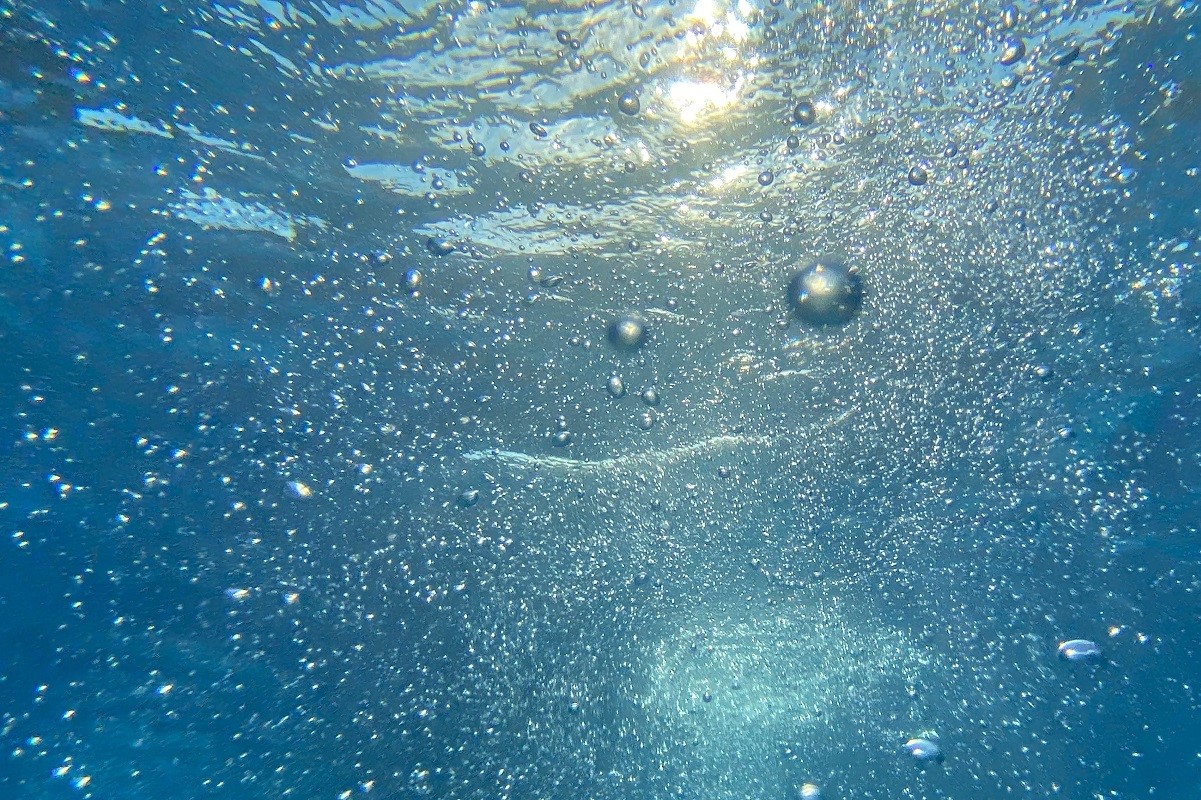With a dangerous drought looming, authorities in Nice, Antibes and Cannes are looking at ways to recycle wastewater in an effort to preserve natural resources.
The Côte d’Azur could be in real trouble and a report put out in early March by the Bureau de Recherches Géologiques et Minières leaves little doubt about the dire situation.
Groundwater levels as of 1st March showed reserves have not been restocked during the winter and spring, with 80% of them at below normal levels. Less than half were in this situation at the same time last year. The report went further to state that almost 45% of groundwater reserves have reached the worrying stage of “low” or “very low”.
In response, the cities of Nice, Antibes and Cannes are making proactive moves to lessen the worst effects of the drought gripping the region by embarking on projects to reuse grey water for tasks like street cleaning and keeping public parks green. The efforts will also aim to take the strain off vital drinking water supplies.
Cities will also stop the habit of dumping wastewater into the sea, thus squandering this valuable resource.
Antibes to save 70,000m3 of water a year with new plant
In Antibes alone every year, nine million cubic metres of grey water is discharged into the Mediterranean. As of 20th March, work has begun at its Véolia wastewater treatment plant to create a second distribution network in the city replete with filtration machines to tackle the problem. The goal is to reuse nearly 70,000m3 of water each year.
Meanwhile Cannes struggles against red tape
Cannes has been trying to get a system that could recycle 18 million cubic metres a year running since 2019, but has come up against red tape.
“The administrative delays and procedures imposed by the State have unfortunately considerably delayed our steps to set up this system even though it would have been more than necessary last summer, since we experienced a period of intense drought,” said David Lisnard, President of the Cannes Lérins Agglomeration and Mayor of Cannes. “This is difficult to accept and I repeat that the climate emergency is very real and we cannot afford to wait years to react.”
Despite this, the city council has imposed some measures to cut water usage and protect the city’s water supply while waiting for the proposed plants to be operational.
Nice hopes to accelerate deployment of a new recycling system
In Nice, Mayor Christian Estrosi requested permission in 2022 for the Nice Côte d’Azur Metropolis to be able to accelerate the deployment of a water recycling system. As soon as it is approved, works will start.
The Metropolis is also requesting authorisation to use mobile tank trucks to water some of its urban public spaces.
Christophe Béchu, Minister for France’s Ecological Transition, admired the steps being taken, saying earlier this month, “I look at the mayor of Nice and the mayor of Cannes, who both have ideas for immediate applications. If tomorrow the decrees pass, to clean the roads between Cannes and Antibes or to water the green spaces, these are simple things, but they would avoid using drinking water.”
Israel an inspiration as an innovator
President of the PACA region Renaud Muselier has also been looking at innovative ways to save water, including making a trip to Israel to visit sites already active. The Israelis are pioneers in this field, and much could be learned as France currently has one of the worst records in Europe for treating wastewater. It recycles less than 1%.
During the Salon de l’Agriculture towards the start of this year, Muselier announced the launch of a regional experiment for the reuse of treated wastewater. This water would be used for agricultural irrigation or industrial cooling. Whilst nothing is set in stone yet, investment and plans are expected to be made in 2024.
Without these steps, and probably even with them, drinking water supplies will be limited, and thus rationing could occur as early as late spring.
The region is in for a rough ride and even with significant rainfall, there will be a deficit that can’t be replenished overnight.
Sign up for the Monaco Life newsletter. For the latest news, follow us on Facebook, Twitter, and Instagram.
Photo source: Nice Côte d’Azur Metropolis
